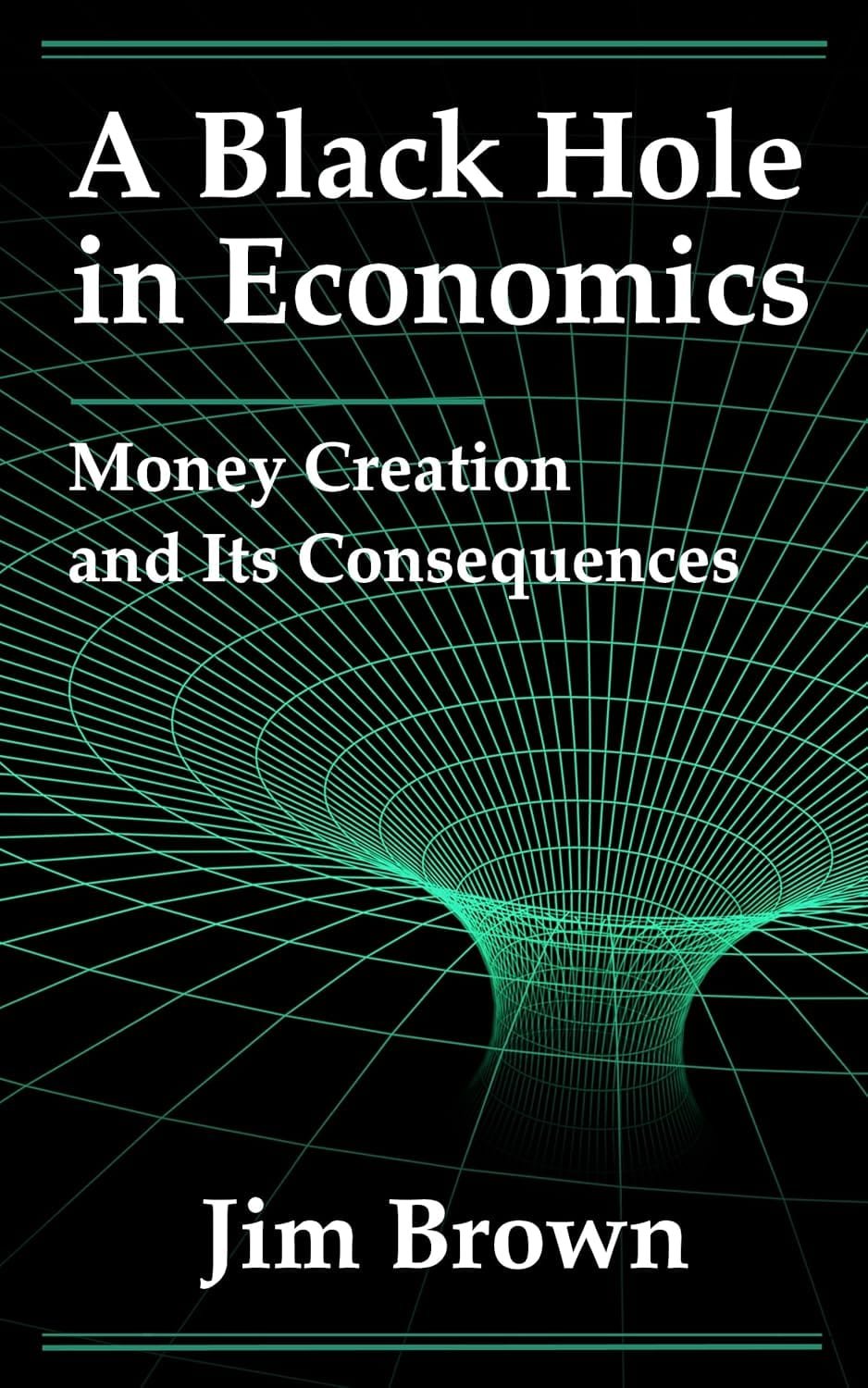Every political campaign seems to have some buzzword, and this year’s buzzword is “outsourcing.” Since the economic recovery has not yet reached the stage when new jobs are being created to the extent expected and hoped, the idea that American jobs are being sent overseas has political mileage, whether or not it has much economic substance.
A recent poll of economists by the Wall Street Journal found that only 16 percent of them saw outsourcing as having a significant impact on the over-all job picture. More important, the political remedies being suggested to stop outsourcing are virtually guaranteed to make things worse.
Does anyone seriously believe that, if we begin creating international trade restrictions to limit the outsourcing of American jobs, other countries will not pass similar restrictions on the outsourcing of their jobs to
Yes, we can stop some jobs of computer programmers from going overseas. But what if
Federal Reserve Chairman Alan Greenspan recently warned against setting off “a new round of protectionist steps.” But anyone with any knowledge of history could have given the same warning.
Back during the Great Depression of the 1930s, when unemployment in the
Net result: world trade in 1933 was one-third of what it had been in 1929, making everybody poorer and therefore less able to create jobs. Many economists have blamed these restrictions for making the depression worse and longer lasting.
Whether with international trade or anything else, the political temptation is always to do something that looks good right now, with no thought of its repercussions — especially if those repercussions will not be noticeable before the next election.
The government can always save 10,000 jobs — at a cost of 50,000 other jobs. If the jobs that are saved are in one industry, represented by vocal spokesmen, and the 50,000 lost jobs are spread thinly across the country in two’s and three’s here and there, then this is a good deal for the politician who becomes a hero to those 10,000 voters whose jobs he saved.
This is obviously not a good deal for those who lose their jobs but they may not even know why. Moreover, when they are not concentrated in one place or in one industry, they are unlikely to come to the attention of the media. So they don’t count politically.
We needn’t go all the way back to the Great Depression for examples. The Bush administration’s restrictions on steel imports have been credited with saving a number of jobs in the steel industry — and costing a larger number of jobs in industries making steel products with more costly steel than their foreign competitors use.
Anything that increases economic efficiency — whether by outsourcing or a hundred other things — is likely to cost somebody’s job. The automobile cost the jobs of people who took care of horses or made saddles, carriages, and horseshoes.
Computers sent typewriter manufacturers into bankruptcy.
Whole political movements are based on a refusal to accept that benefits have costs. Protectionism is just one of these movements. Environmental extremists often refuse to accept even the smallest costs for such benefits as the building of much-needed housing or the dredging of rivers and streams to prevent flooding and save human lives.
Ironically, those politicians who complain most loudly about the outsourcing of jobs often advocate the outsourcing of the job of making foreign policy and safeguarding American national security to the United Nations or to our allies in










